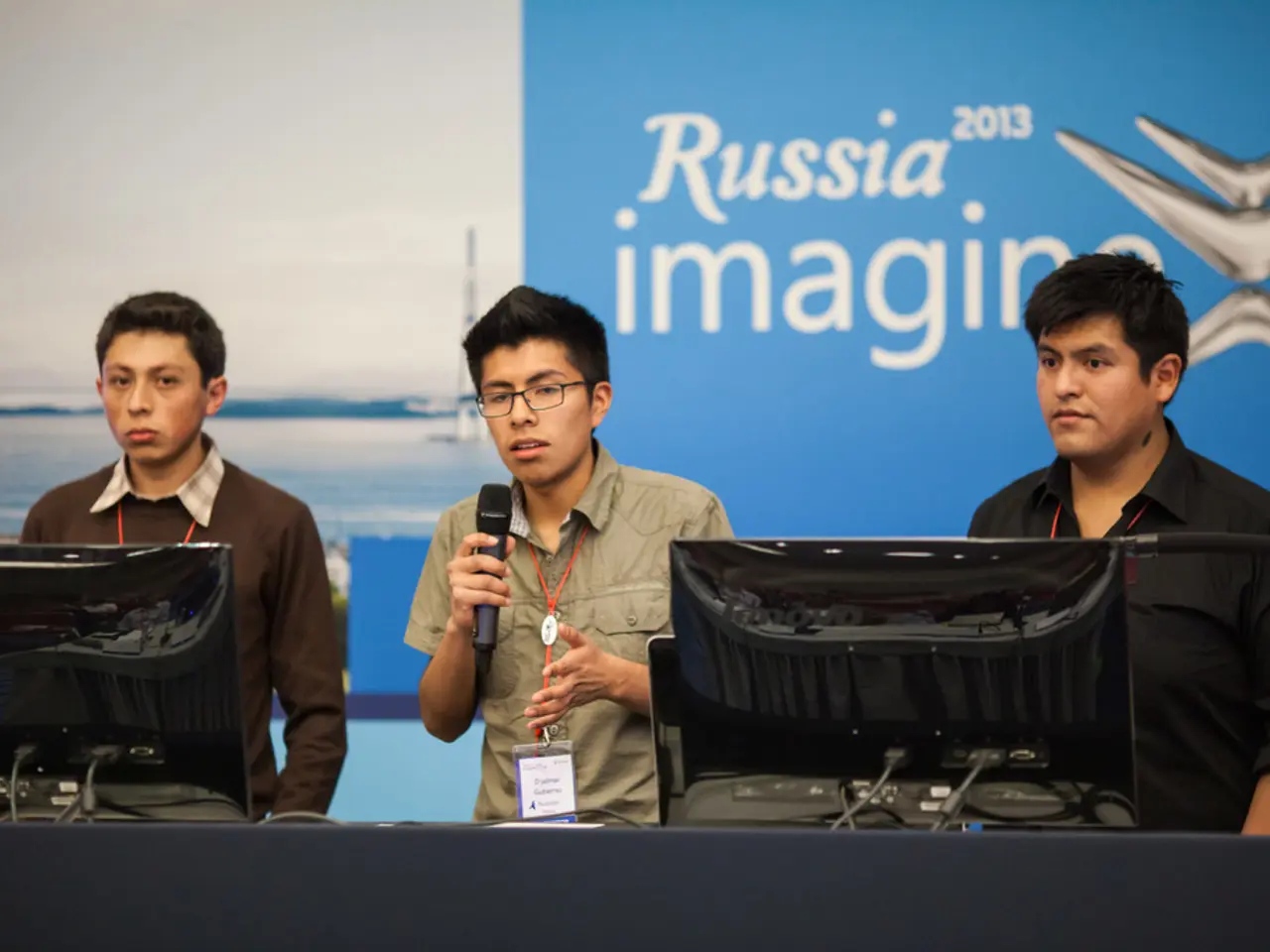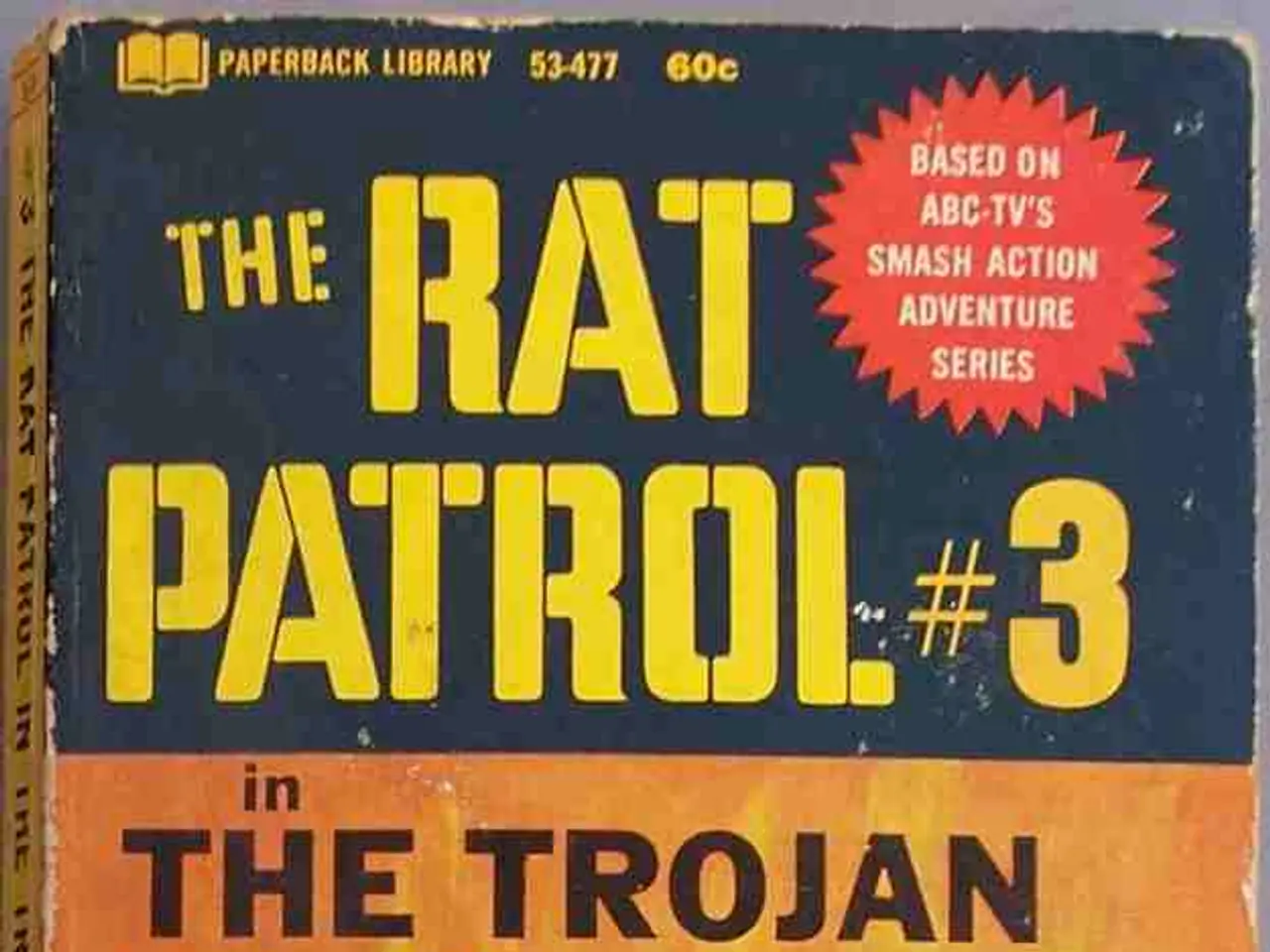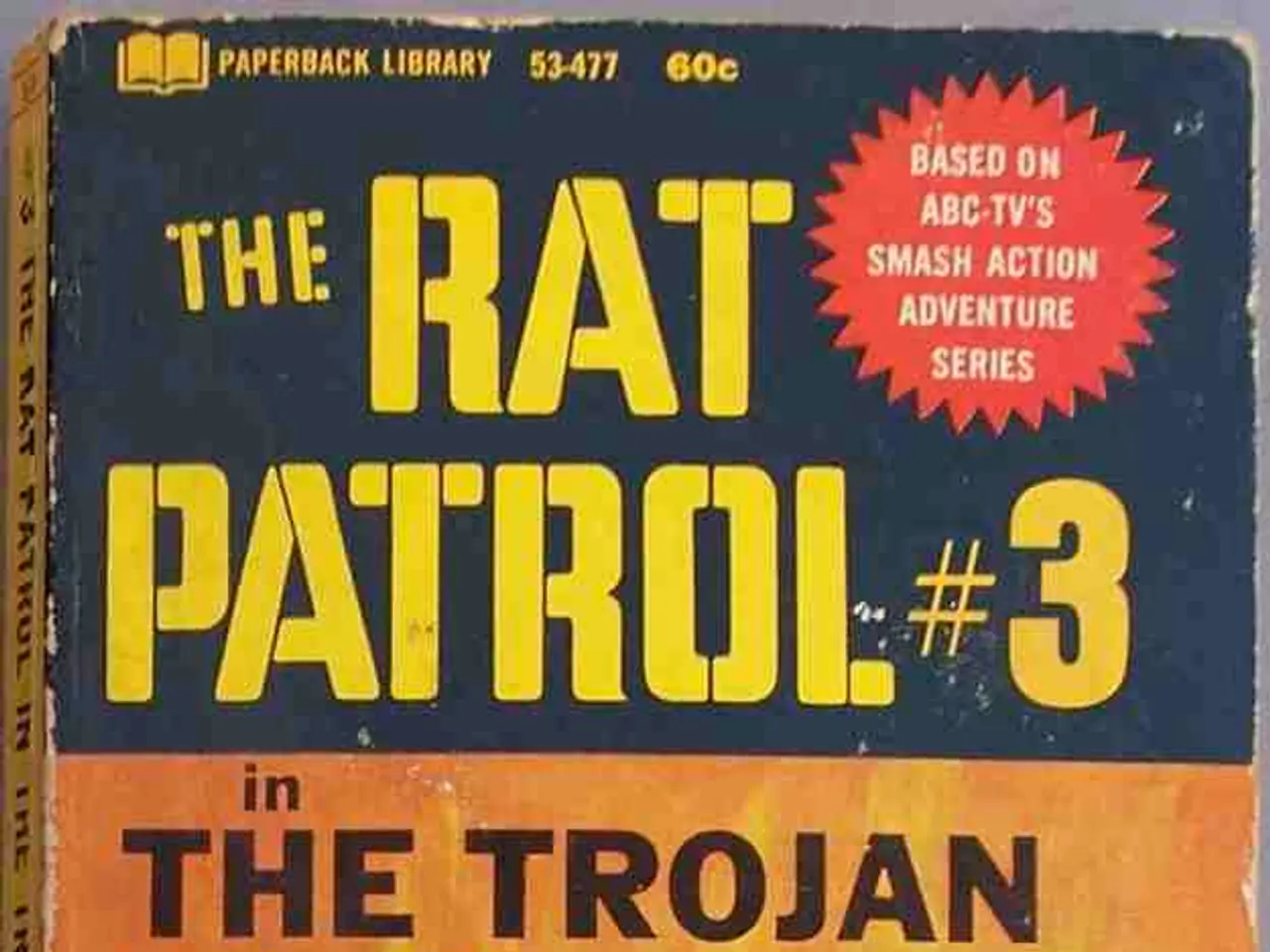Russia's Medvedev Forewarns of Further Actions Post Missile Treaty Suspension
Russia has announced the end of its unilateral moratorium on deploying intermediate- and short-range ground-based nuclear missiles, a decision that could trigger a new arms race and further unravel Cold War-era arms control regimes.
The Russian Foreign Ministry made the announcement on August 5, 2025, citing the deployment and testing of intermediate-range missiles by the U.S. and NATO around Russia following the U.S.'s withdrawal from the 1987 INF Treaty in 2019. The INF Treaty, signed by Soviet leader Mikhail Gorbachev and U.S. President Ronald Reagan, eliminated an entire class of weapons with a range of 500 to 5,500 kilometres.
Former Russian President Dmitry Medvedev, who now serves as deputy head of Russia's powerful Security Council, accused NATO of prompting Moscow to abandon its moratorium on short- and medium-range nuclear missiles. Medvedev warned that further steps would follow, but he did not elaborate on what these steps might be.
President Putin has previously praised Russia's new intermediate-range missile system, the Oreshnik, which is hypersonic and difficult to intercept. He has warned that it could be deployed in Belarus and potentially used against NATO countries supporting Ukraine.
Experts warn that this decision could escalate tensions not just regionally but globally. While it forms part of Russia's broader nuclear posture and escalation strategy, some analysts caution that for the general public, it marks more a formalization of an already tense reality than an entirely new threat.
Russia has indicated it will take "mirror measures" in response to U.S. deployments and is focusing on developing detection and interception capabilities alongside mass-producing similar or hypersonic weapons. The Kremlin has not detailed exact sites or timelines for new missile deployments but maintains the right to act as needed.
The U.S. has responded to Russia's decision by ordering two nuclear submarines to be moved to "the appropriate regions." This move comes in response to comments from Medvedev about the risk of war between the nuclear-armed adversaries.
Foreign Minister Sergei Lavrov signalled last December that Moscow would respond to "destabilizing actions" by the U.S. and NATO in the strategic sphere. No new information about further steps from Medvedev was provided in the current paragraph.
Russia's lifting of its moratorium marks a significant escalation in the post-INF Treaty nuclear arms landscape, with heightened risks of an arms race driven by mutual distrust, NATO's missile deployments near Russia, and the expiration of key arms control agreements.
- The announcement by Russia to end its moratorium on deploying intermediate- and short-range ground-based nuclear missiles is a concerning development in Europe's political landscape, particularly in the context of ongoing war-and-conflicts and general news.
- With Russia focusing on developing detection and interception capabilities alongside mass-producing similar or hypersonic weapons, there is a growing fear of an arms race that could escalate tensions not just regionally but globally.







